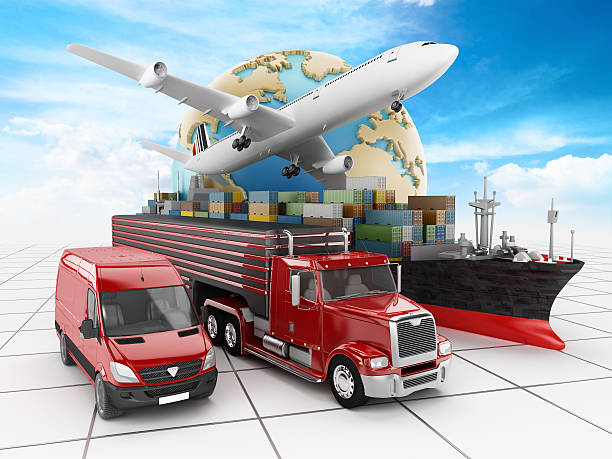From Factory to Final Destination: The Role of Product Sourcing Agents in Smooth Transportation

Global trade doesn’t end once a deal with a supplier is signed—it only begins there. The real challenge lies in moving goods from the factory floor to their final destination, often across multiple countries and transport channels. This journey can be complex, but a product sourcing agent ensures it happens efficiently, reliably, and with minimal stress.
The End-to-End Role of Product Sourcing Agents in Global Transportation
1. Managing the Entire Journey
A product’s transportation path involves multiple touchpoints—factory pickup, warehousing, port handling, customs clearance, shipping, and last-mile delivery. A sourcing agent manages these stages seamlessly, ensuring smooth handovers at every step.
2. Reducing Transportation Delays
Late shipments can disrupt business operations and damage customer trust. Sourcing agents work closely with logistics providers to create optimized shipping schedules, anticipate delays, and arrange alternate routes when necessary—keeping the supply chain resilient.
3. Ensuring Safe Handling and Packaging
Transportation isn’t just about speed; it’s about safety. Sourcing agents oversee packaging standards and ensure fragile or sensitive goods are handled with care, reducing the risk of damage during transit.
4. Navigating Customs and Documentation
From export licenses to import duties, transportation requires extensive documentation. A sourcing agent ensures compliance with country-specific regulations and prepares the required paperwork—preventing costly delays at customs checkpoints.
5. Delivering End-to-End Transparency
With advanced tracking systems and communication, sourcing agents keep businesses updated on shipment status. This visibility helps companies plan inventory better and provide accurate delivery timelines to customers.

Conclusion
A product sourcing agent is the backbone of smooth transportation in global trade. By managing the journey from factory to final destination, they eliminate bottlenecks, reduce risks, and ensure that goods arrive safely and on time—allowing businesses to focus on growth instead of logistics headaches.